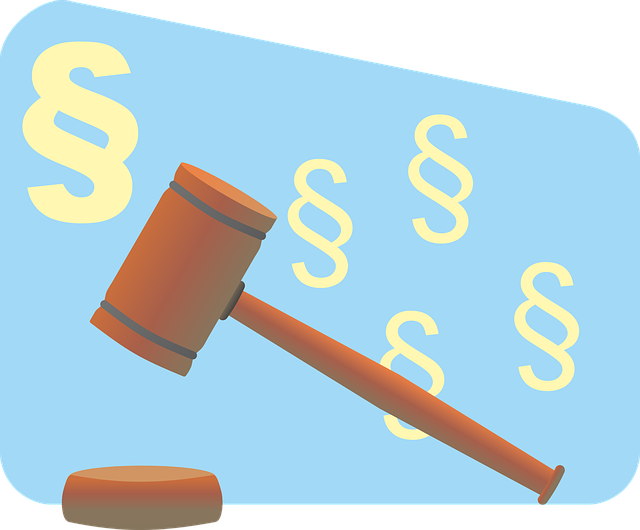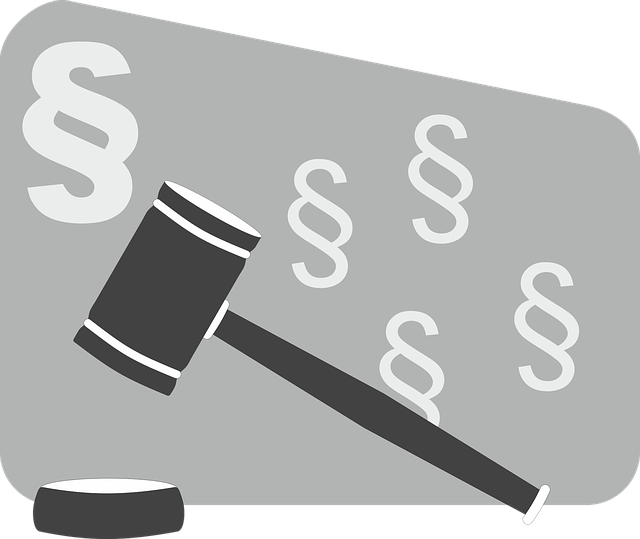Regulatory fraud laws protect businesses and employees from white-collar crimes, with understanding employee rights under labor law violations being crucial for seeking justice. Skilled legal representation navigates complex cases, ensuring workers' interests are protected. Preventative strategies include robust internal controls, ethical culture promotion, staff training, and advanced detection methods. Serious consequences of fraud can be mitigated through knowledge of Employee Rights, potentially leading to charge dismissal.
Regulatory fraud laws are essential tools designed to protect businesses and employees alike from deceptive practices. This comprehensive guide explores various aspects of these laws, focusing on employee rights under labor law violations. We provide an overview of legal protections, strategies for prevention and detection, and the significant consequences of fraud. Understanding these regulations is crucial for fostering a transparent work environment and safeguarding employee rights in case of violations.
- Understanding Regulatory Fraud Laws: An Overview of Legal Protections
- Employee Rights Under Labor Law Violations: What You Need to Know
- Strategies for Preventing and Detecting Fraud in the Workplace
- Consequences of Fraud: Legal Penalties and Business Impact
Understanding Regulatory Fraud Laws: An Overview of Legal Protections

Regulatory fraud laws are designed to protect businesses and employees from deceptive practices that can cause significant financial and reputational harm. These laws encompass a range of illegal activities, including white-collar and economic crimes, targeting various sectors and industries. When an employee witnesses or is affected by labor law violations, understanding their rights under these regulations is crucial.
Knowing the respective legal protections offers employees a powerful tool to seek justice and hold perpetrators accountable. With the help of skilled legal representatives, victims can navigate complex fraud cases and work towards winning challenging defense verdicts. This ensures that not only are businesses protected but also individuals who may have been exploited through fraudulent activities.
Employee Rights Under Labor Law Violations: What You Need to Know

When it comes to regulatory fraud laws, understanding employee rights under labor law violations is crucial for both workers and employers. In cases where companies engage in fraudulent activities or violate labor regulations, employees may face significant harm, including unfair treatment, reduced compensation, and even termination. However, they possess certain legal protections designed to safeguard their interests.
Knowing these rights is essential for achieving extraordinary results in the event of a violation. Employees have the right to seek justice through jury trials if they believe their labor laws have been breached. Moreover, specialized legal services, such as white-collar defense, can help navigate complex regulatory fraud cases and ensure workers’ voices are heard. By understanding these protections, employees can take proactive steps to defend their rights and pursue appropriate remedies when facing labor law violations.
Strategies for Preventing and Detecting Fraud in the Workplace

Preventing and detecting fraud within an organization is a multifaceted endeavor that requires a comprehensive strategy. One crucial aspect is establishing robust internal controls, such as implementing strict access controls to sensitive data, regular data audits, and promoting transparency in financial reporting. Additionally, fostering an ethical culture where employees are encouraged to report suspicious activities without fear of retaliation can significantly deter fraudulent behavior. Training programs that educate staff about fraud indicators and their rights under labor law violations play a vital role in empowering individuals to recognize and report potential issues.
Effective detection methods involve continuous monitoring of financial transactions, analyzing patterns of unusual activity, and leveraging technology for data analytics. The unprecedented track record of successful fraud cases highlights the importance of a proactive approach. By involving dedicated compliance teams and legal experts, respective businesses can navigate all stages of the investigative and enforcement process, ensuring swift action against perpetrators and minimizing potential damage.
Consequences of Fraud: Legal Penalties and Business Impact

The consequences of fraud can be severe, impacting both individuals and businesses under various legal frameworks. When it comes to regulatory fraud, especially in the context of labor law violations, employees may find themselves facing significant repercussions. Legal penalties often include fines, imprisonment, or both, as stipulated by the relevant Fraud Laws. The impact extends beyond legal consequences; businesses might suffer reputational damage, lose customer trust, and experience a decline in market value. These repercussions can be particularly detrimental for small enterprises, potentially leading to closure.
In addition to criminal charges, employees found guilty of fraud may face civil lawsuits from aggrieved parties, such as employers or customers. This could result in substantial monetary compensation awards. Moreover, the effects resonate beyond the legal realm; individuals involved may struggle with employment opportunities due to a tarnished reputation, impacting their future career prospects and financial stability. This underscores the importance of understanding Employee Rights under Labor Law Violations and the potential for complete dismissal of all charges as a mitigating outcome in certain cases.
Regulatory fraud laws are integral to maintaining integrity within organizations, safeguarding employee rights under labor law violations, and mitigating potential business risks. By understanding these laws, employers can implement effective strategies for prevention and detection, ensuring a fair and safe working environment. Additionally, recognizing the consequences of fraud—from legal penalties to significant business impacts—underscores the importance of proactive measures to protect both employees and companies alike.






